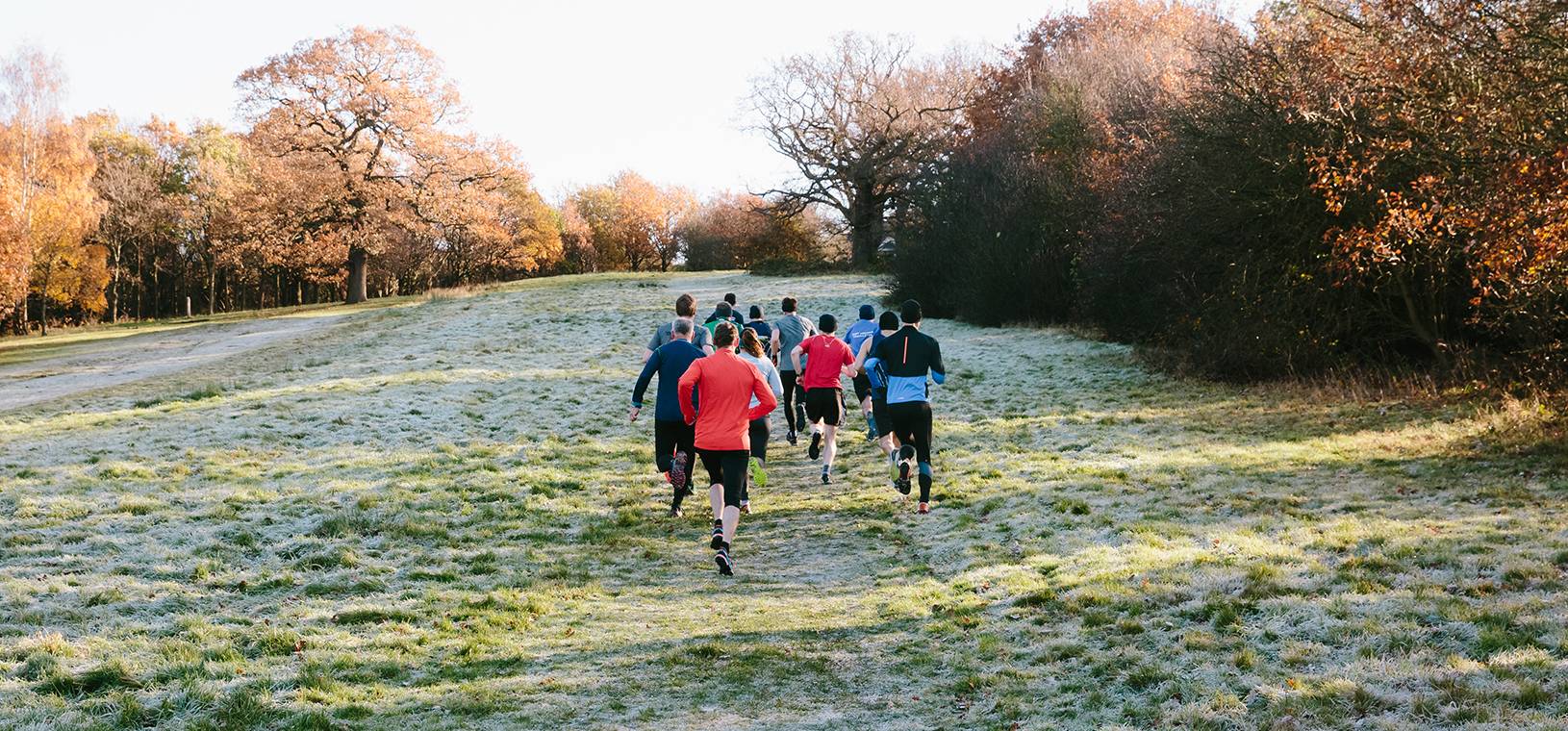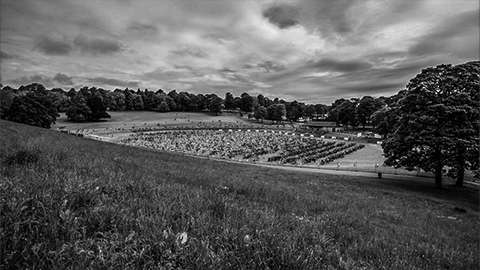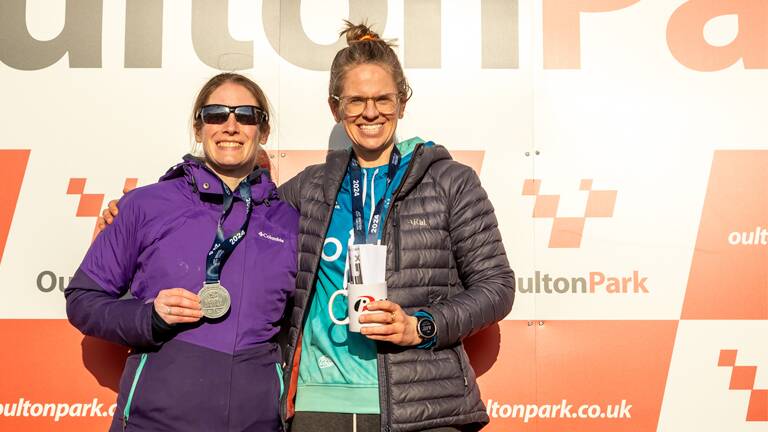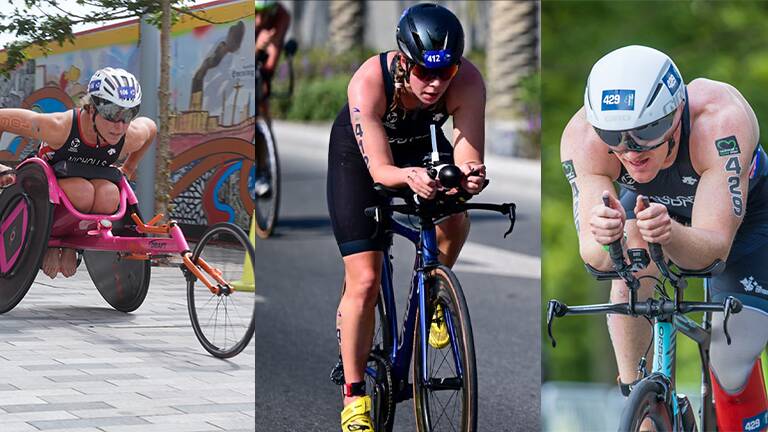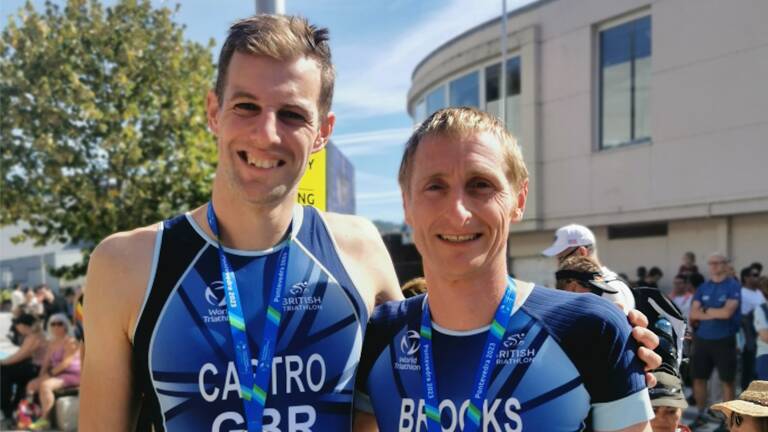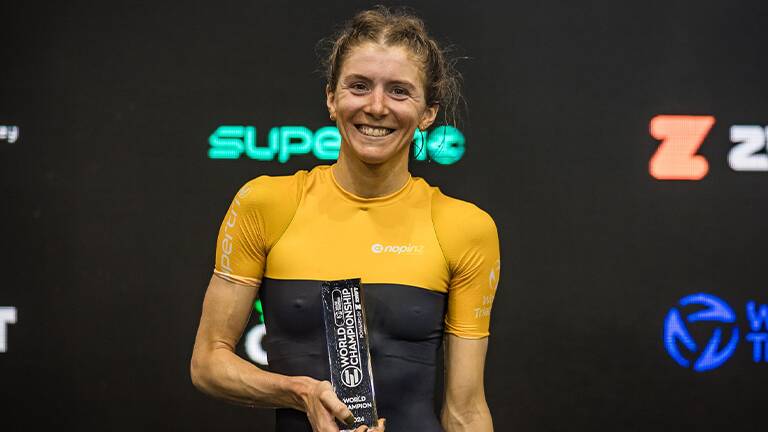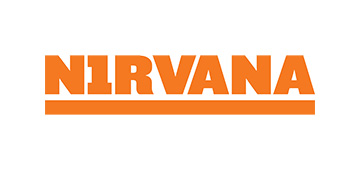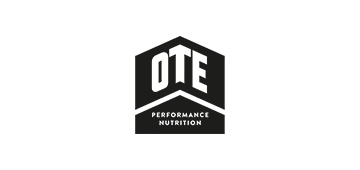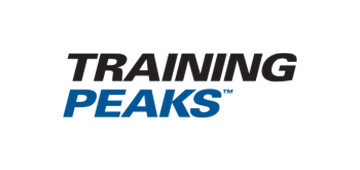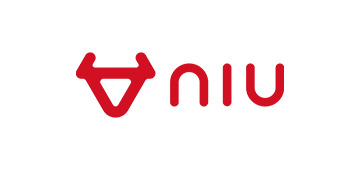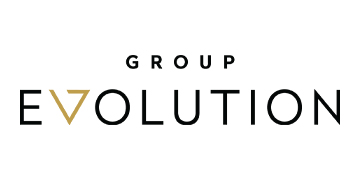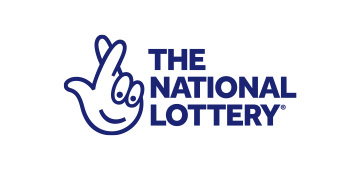In a year that has seen the majority of multisport events cancelled, many athletes used the summer as an extended winter training period. Emphasising the importance of recovery with yoga sessions, putting more time into strength and conditioning and gaining a firmer understanding of where they can improve both on and off the course.
Paratriathlon Head Coach, Jonathon Riall, now looks at the next few months as an opportunity for athletes at any skill level to establish the foundations for what is set to be a big year for multisport events in 2021.
“It’s a cliché, but the winter training is where you absolutely set the foundation for next year. The way in which triathlon works, the type of endurance sport that it is, if you don’t have that base it’s really difficult then to get into the spring and summer months and start to load on top racing and more intense training,” said Riall.
“So consistent winter training, in terms of the volume you do, the intensity you manage throughout that and the recovery that you get between sessions is pretty much the critical building blocks for what you’ll go on and do for the next twelve months.”
Riall believes that the winter period is a unique time of the year as the lack of travelling and racing means that athletes have a five- or six-month block where they can work week-on-week and keep loading more training as they go. Whilst many may have made a start on this throughout the summer, now is a great opportunity to pursue this with more focus.
“The risk is that you want to include a bit of variation and to a point that’s fine but, for me, this is the opportunity to learn how much your body can cope with, and be comfortable with repeating weeks so you can get the building blocks in place to add the other stuff on top later down the line,” Riall commented.
“Having goals creates your biggest supporter for building consistency throughout the winter because you know specifically that what you’re training for now is going to get you to that race or that competition or that goal that you’ve set yourself.”
Riall has a clear idea of how best to establish a goal for the winter period, saying: “The goal is something that will get someone out of bed in the morning. It’s not for anybody else to tell someone what their goal needs to be. The beauty of our sport is that it could be a specific competition, finishing place, race, time, distance, or even something like going to race in a different country. It just has to be something personal to you that means something.”
The process that Riall is taking many of the paratriathlon programme athletes on is one that steers them away from short-term event outcome-based goals and have them establish goals that are more performance process focused.
“From a paratriathlon perspective, we’re trying to get athletes to set goals that are more four or five years down the line. For me, the event-based goals can sometimes put a bit of a ceiling on how good we can be,” he said.
One of the biggest challenges of the period is the fear that many athletes can have about changing their routines or the way in which they set their goals. This year, Riall and his team have worked to encourage a more experimental approach to preparation, with the cancelation of events and lack of available facilities allowing this to happen more naturally.
“Our biggest takeaway from this year is to try things a bit differently, because this year forced people into change and there were no events, there was no fear,” said Riall.
“Sometimes we had athletes that would miss calls at 9am because they were still asleep but would then get out of bed and do their key session of the day at 2pm. When you put that together over the six-month period, you then realise that they’ve made significant improvements, and that’s because they’re training at an appropriate time, they’re fuelling better and resting more.
“People had their plan and had the critical areas that they knew they should work on and we actually had this time that we could use to address it. Some of our athletes have found this period really tough, but we also have examples of people who have exceeded their goals that we set for 2020 because of how this year turned out.”
Despite 2020 being a rather unpredictable year and one that stripped away the event season and training facilities that athletes have all come to depend on, it also provided new perspectives for many people in the sport to adapt their training and make gains in ways that they never would have otherwise.
This winter is in many ways an extension of that and an opportunity to focus on the foundations that can be built upon once event season kicks in once more.

